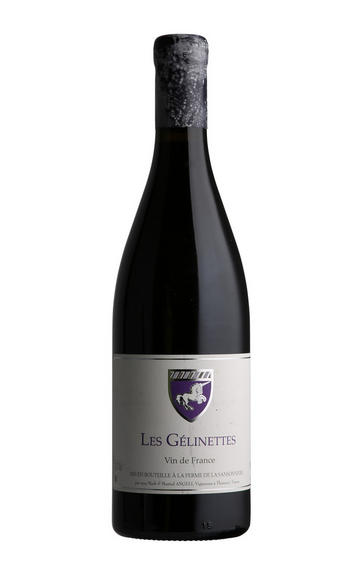
2019 Ferme de la Sansonnière, Les Gélinettes, Vin de France
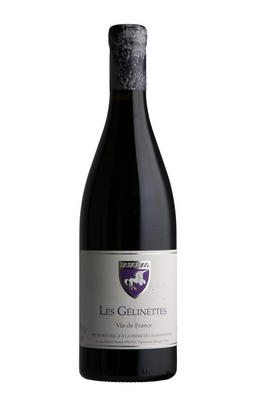
About this WINE
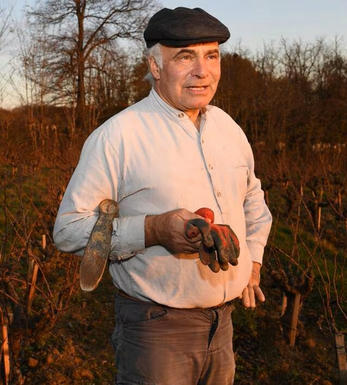
Ferme de la Sansonnière
Located in the Loire Valley of France, specifically in the Anjou region, Ferme de la Sansonnière is celebrated for its commitment to organic and biodynamic farming practices aimed at producing wines that maintain environmental sustainability.
Run by winemaker Mark Angeli, the estate is known for its exceptional Chenin Blanc and Cabernet Franc wines. Chenin Blanc, in particular, thrives in the cool climate and limestone-rich soils of the Loire Valley, resulting in wines with vibrant acidity, complexity, and age-worthiness.
Mark Angeli's approach to winemaking is deeply rooted in tradition yet innovative, with a focus on minimal intervention in the cellar to allow the natural characteristics of the grapes to shine through.
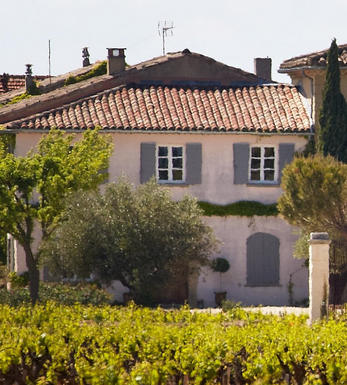
Vin de France
Vin de France is a wine classification in France that was introduced in 2010 to replace the former Vin de Table category. It represents a more flexible and modern approach to French wine production, offering winemakers greater freedom in terms of grape sourcing, blending, and winemaking techniques.
Unlike wines with controlled appellations such as AOC Alsace or Vin de Pays, which are tied to specific regions within France, Vin de France wines can be sourced from grapes grown anywhere in the country. This gives winemakers the freedom to experiment with grapes from different regions, allowing for greater creativity and innovation.
Winemakers can blend grape varieties from different regions or even different countries to create unique flavour profiles. This flexibility enables the production of a wide range of wine styles, from traditional varietal wines to innovative blends.
While Vin de France wines offer greater flexibility in production, they still must adhere to certain labelling requirements. The label must include the designation "Vin de France," along with the producer's name and the volume of alcohol. Additional information such as grape variety, vintage, and specific geographical origin may also be included on the label.
Vin de France wines may not have the prestige or strict regulations of wines from controlled appellations. However, they can still offer excellent quality and value. Many producers use Vin de France as a platform for experimentation and innovation, resulting in a diverse range of wines that cater to various tastes and preferences.
Vin de France wines are often positioned as versatile, everyday wines that are accessible and easy to understand. They can offer a good balance between quality and affordability, making them popular choices for everyday consumption.
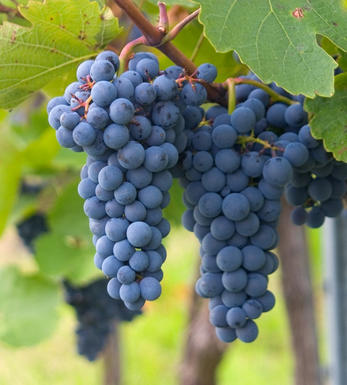
Grolleau
Grolleau is a red grape primarily grown in the Loire Valley of France and is particularly associated with the Anjou and Touraine regions. It's known for its use in producing red wines, often characterised by bright acidity and fruity flavours.
The grape clusters are generally large, and the berries are medium-sized with thin skins. The grapes have a light red to dark red colour. The wines are known for their lively acidity and vibrant fruit flavours and are often light to medium-bodied. Typical tasting notes include red berries, raspberries, strawberries, and floral and herbal undertones.
Grolleau is frequently used in blends, adding freshness and a lively character to the wines. It is sometimes blended with grape varieties, such as Cabernet Franc, Cabernet Sauvignon, and Gamay. In addition to still red wines, the variety is also used to produce rosé wines.
Some producers, especially those following biodynamic and organic farming practices, appreciate Grolleau's ability to thrive in such vineyard environments. These practices align with the overall commitment to sustainability and minimal intervention.
While Grolleau is a significant grape variety in the Loire Valley, it might not be as widely recognised globally as other varieties. Nevertheless, its contribution to the distinctive character of wines from the region, particularly in Anjou and Touraine, is notable.


Buying options
Add to wishlist
Description
Gélinette, an old French term for grouse, reflects the Anjou region's historical abundance of this bird amid its rich agricultural landscape. Mark Angeli of Ferme de la Sansonnière initially experimented with Cabernet Sauvignon but transitioned to Grolleau due to its potential for quality red wines. Despite criticism for its high yields and typical use in rosé, this indigenous grape can yield fragrant and complex wines when cultivated with care.
Originally labelled "Jeunes Vignes des Gélinettes," Mark Angeli's 2020 cuvée is now simply "Gélinettes" as the vines matured and became solely dedicated to Grolleau production. The grapes undergo hand destemming, followed by a three-week maceration before ageing in tanks. Originating from a dense, low-yielding vintage, the wine shows a smooth texture complemented by a subtle grip in its finish. Pair with rich, fatty fish or meats.
Drink now
Berry Bros. & Rudd
wine at a glance
Delivery and quality guarantee